In this modern and fast-paced world, experiencing stress has become an unavoidable part of life. Stress can positively impact your focus and alertness in the short term, but chronic stress can impact your body and manifest itself in a very visible way, in your hair and skin. Whether it's sudden breakouts or thinning hair, the result of stress will be where you least want it. Understanding the impact of stress on your looks will set you on the path of improved well-being and grooming.
1. Stress and Hair Fall: The Link We Don't See
When we get stressed, our body produces more cortisol, the stress hormone. When cortisol is elevated, it makes our normal hair growth process dysfunctional and essentially forces hair follicles into the “resting” phase, eventually resulting in ever-more hair shedding. This hair loss is called telogen effluvium and is commonly seen several months AFTER a period of severe stress, which is when the hair may be noticeably thinning and fallen.
The link between stress and hair fall also includes other factors like inflammation of the scalp and poor blood circulation, which creates poor circulation for the hair follicle and delays new hair growth. Some more severe cases can trigger or architecture alopecia areata, where there is confusion in the immune system, causing a "failure to launch," or in a way level of pressure on the hair follicle.
Managing it:
-
Incorporate holistic scalp massages to increase blood circulation.
-
Employ a hair repair kit or hair regrowth serum with plenty of vitamins and hair oils to support hair follicles' strength.
-
Eat a balanced diet rich in biotin, zinc, and omega-3 fatty acids to maintain the integrity of your hair over the long term.
2. Stress and skin: Breakouts, dryness, and dullness
Similarly to your hair, your skin can quickly respond to stress. When cortisol is produced, it regulates oil glands to produce more sebum, leading to acne, but it also disrupts the skin’s barrier function. This, in turn, allows for increased dryness, redness, and irritation of the skin.
Moreover, prolonged periods of stress can hamper the regeneration of cells, leading to dull, tired skin. Stress can also exacerbate many skin conditions, which include eczema, psoriasis, and rosacea. And since stress reduces sleep, it naturally reduces daytime skin repair from the previous night’s downtime, which can lead to dark circles and fine lines in as little as one night of poor sleep.
Managing it:
-
Maintain a simple skincare routine using a gentle cleanser, moisturizer for hydration and sunscreen.
-
Utilize a hydrating repair kit or men’s face moisturizer to improve the skin’s hydration.
-
Try relaxation techniques, like breathing, yoga, or mindfulness, to lower your stress levels.
3. The Mind-Body Connection: How Grooming Can Help Manage Stress
Interestingly, attending to your grooming regimen can in itself be a stress reliever. By taking a few minutes a day to either engage in skin care or hair maintenance, you are practicing mindfulness to slow down and care for yourself. Further, using products with natural ingredients or calming scents has both physical and psychological benefits, calming either your body or mind and minimizing stress.
Try this:
End your day with a warm shower and a cleanser and moisturizer to add a layer of refreshment to your skin.
Massage some organic beard and scalp oil onto your scalp to help you relax while also improving circulation.
The Bottom Line
Stress is unavoidable, but stress doesn't have to affect you or your skin and hair. Managing stress to promote healthy habits and proper grooming services, and using quality self-care products will help safeguard your appearance and your confidence. Just remember, calm inside usually results in calm on the outside too!




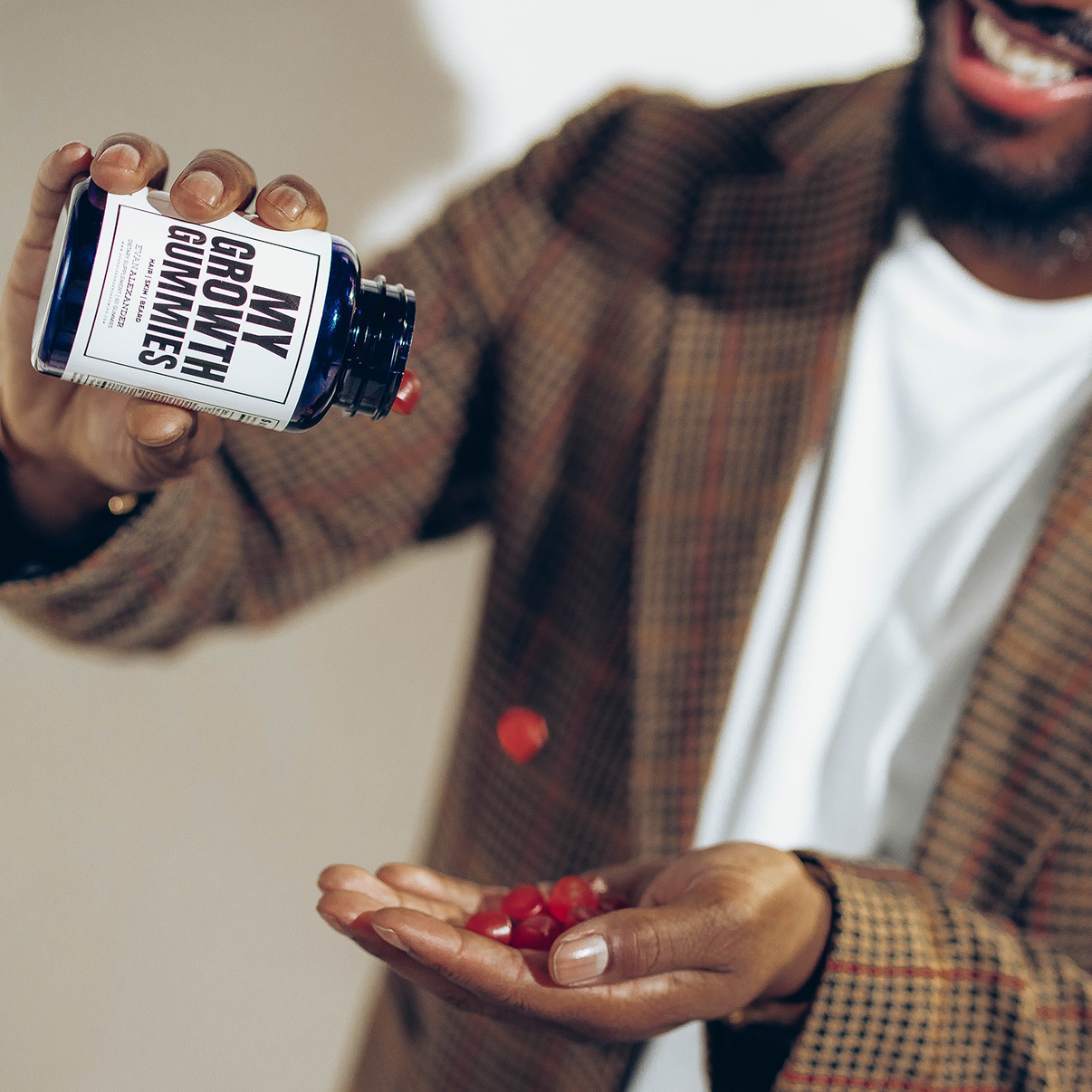
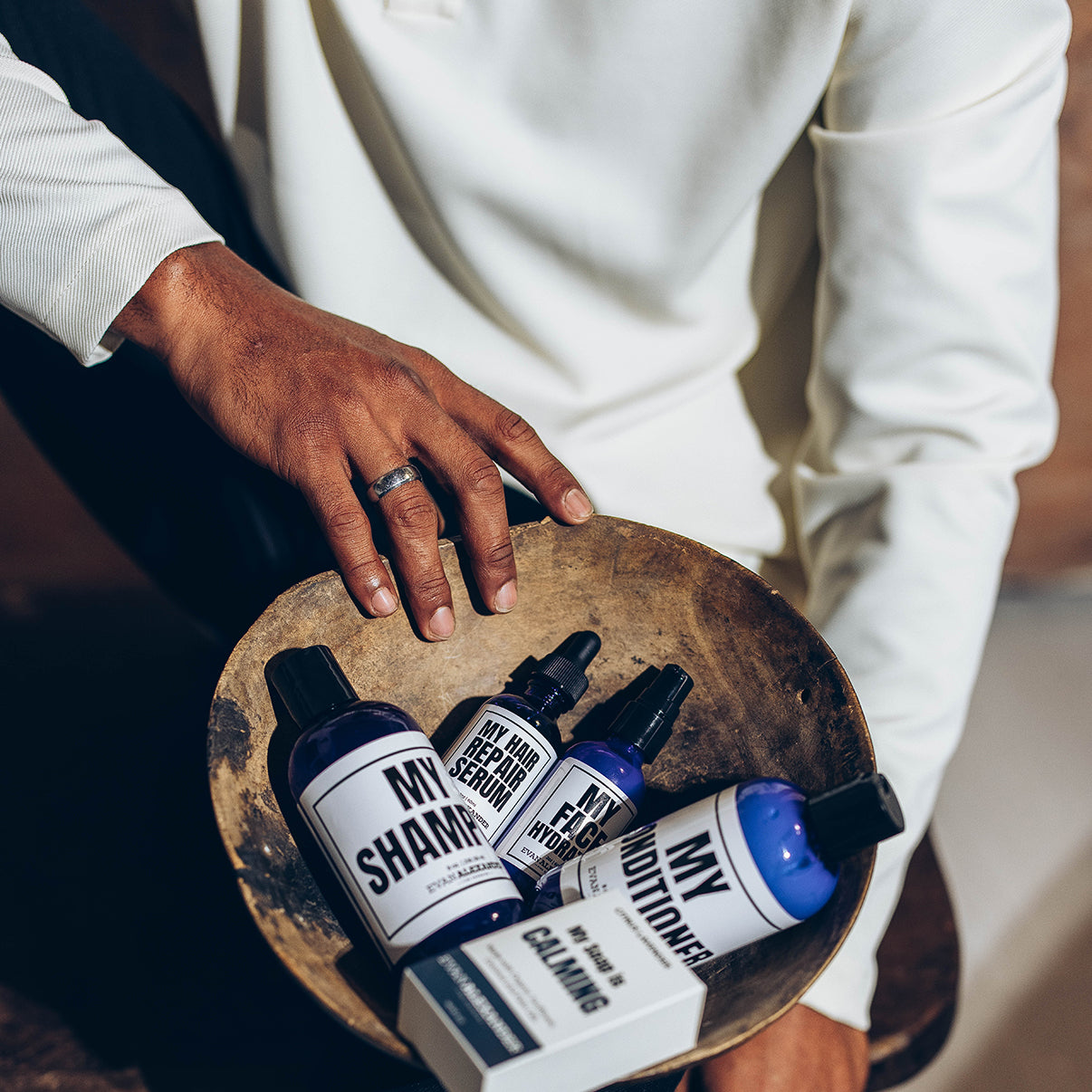

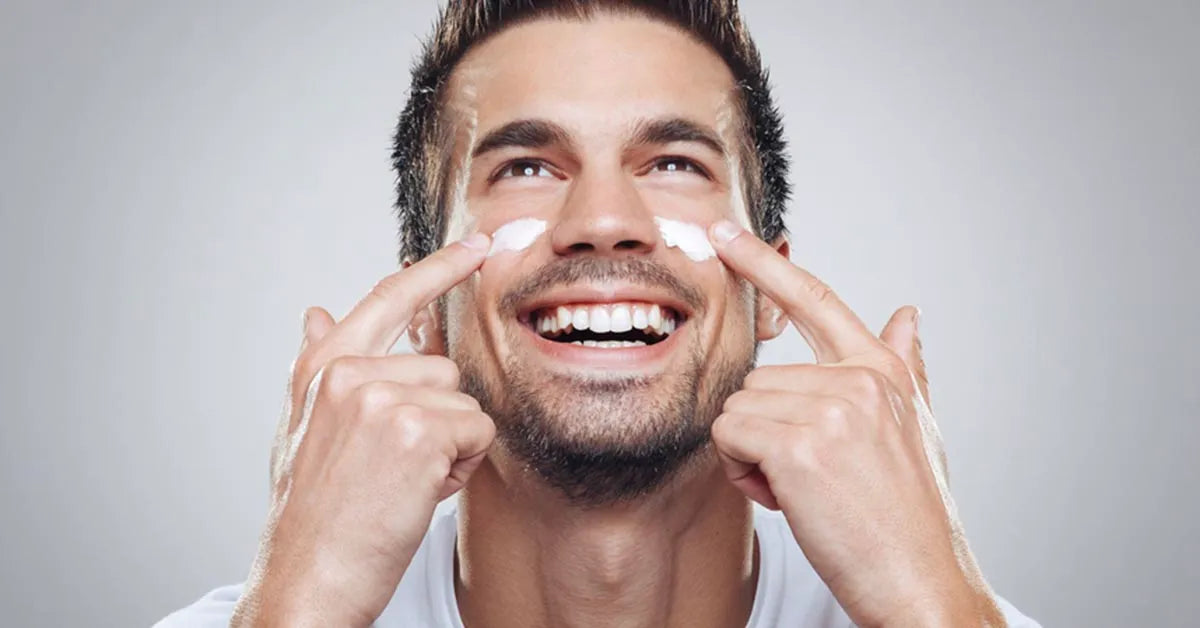
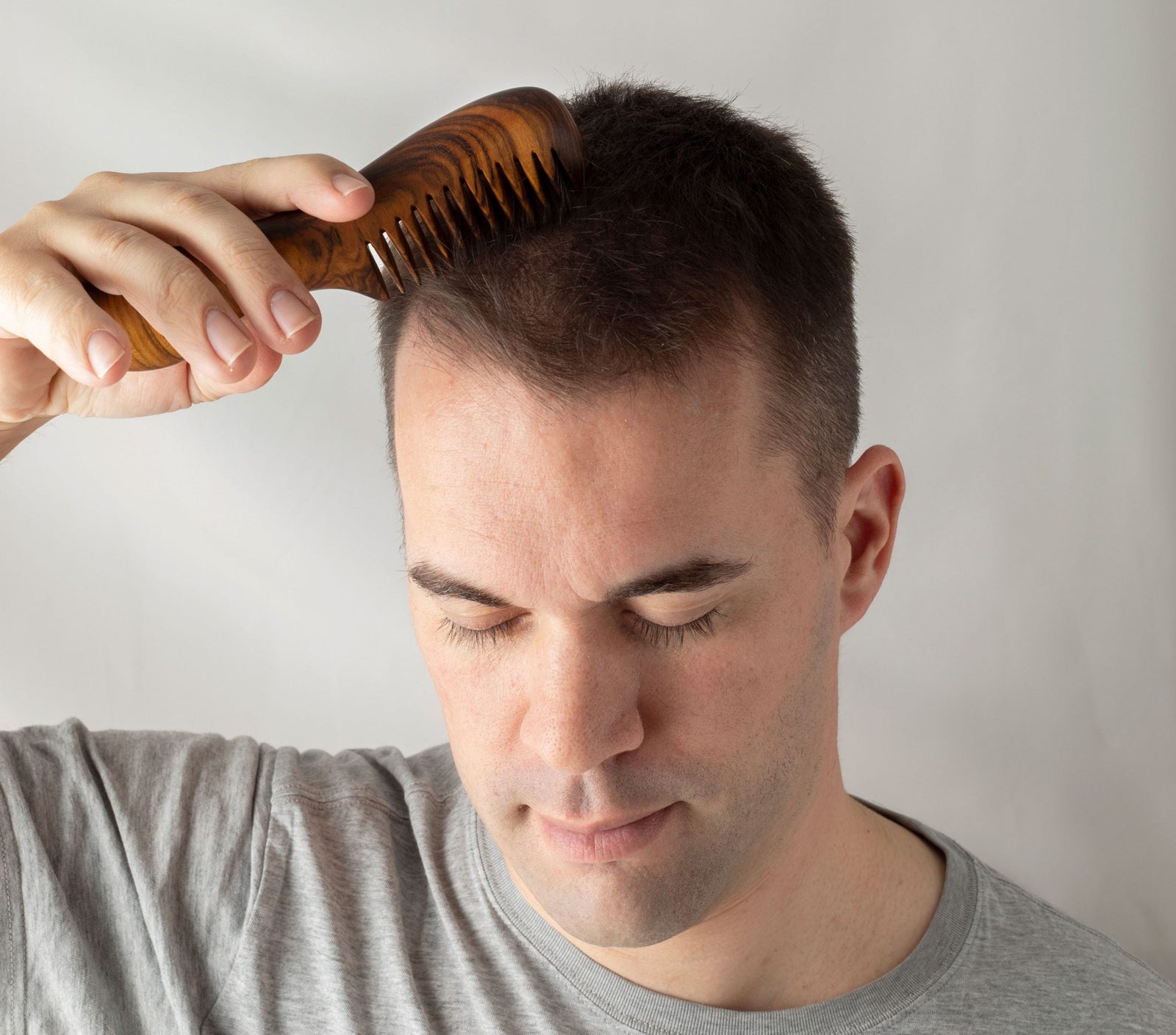
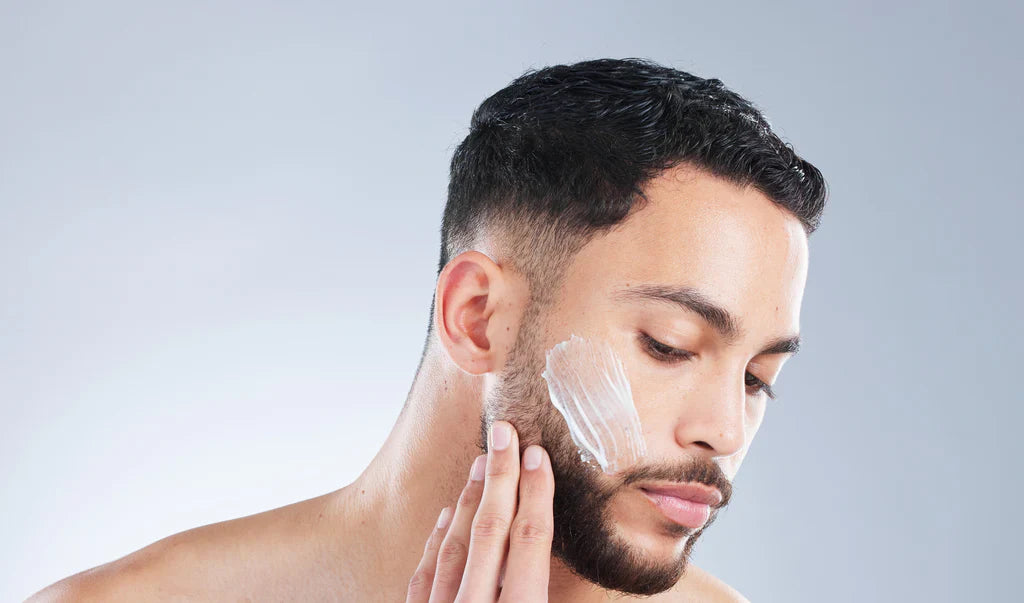
Leave a comment (all fields required)